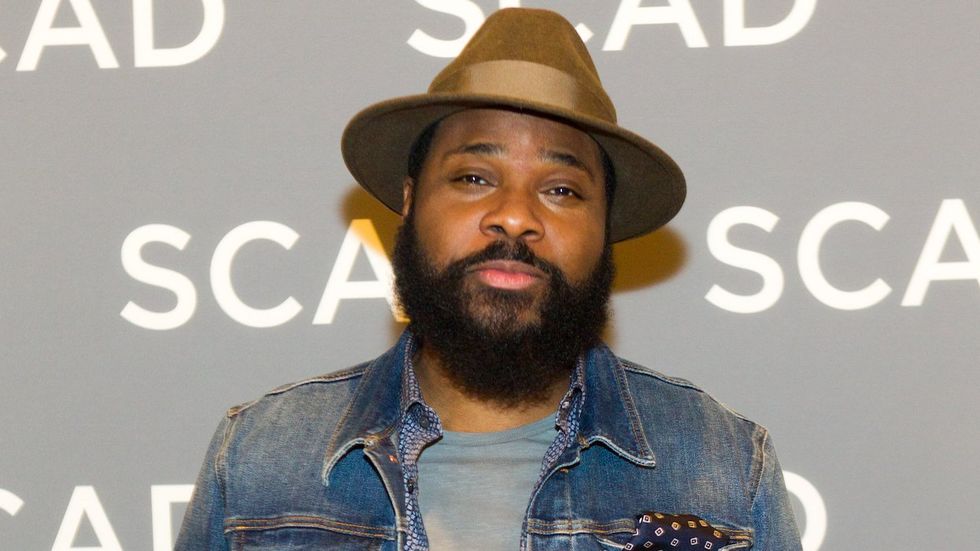Malcolm-Jamal Warner leaves behind an enduring HIV legacy with his groundbreaking 1992 film
Malcolm-Jamal Warner, best known for his role as Theo Huxtable on The Cosby Show, died Monday at the age of 54 while on vacation in Costa Rica, according to a statement from his family. Warners passing marks the loss of a generational icon, not just for his breakout television role but for his advocacy and work in public health during the height of the AIDS epidemic.Rising to fame in the 1980s, Warner played Theo, the only son of the Huxtable family, on the groundbreaking sitcom that redefined representation of Black life on television. The Cosby Show offered a portrait of an upper-middle-class Black family, a major shift from the eras stereotypical depictions. As the show grew in popularity, so did Warner. He received a Best Supporting Actor Emmy nomination in 1986 for his role of Theo and later became an accomplished poet and director.Warners influence stretched well beyond prime time. He took on the cause of HIV and AIDS at a time when doing so was still considered risky for an artist. In 1992, at just 22 years old, Warner directed Time Out: The Truth About HIV, AIDS, and You, an educational film aimed at teens. It was released during a time when AIDS was still misunderstood, stigmatized, and largely ignored in media that was targeted to youth. The short film featured celebrities Magic Johnson, Arsenio Hall, Paula Abdul, Tom Cruise, Luke Perry, and others, and delivered frank, age-appropriate information about HIV transmission and prevention.It was a courageous act. At a time when talking about AIDS, especially to young people, was seen as risky, Warner chose action over silence. The film aired on network TV, circulated in schools, and became a rare tool for education in a fearful and misinformed America.For many young people, especially closeted LGBTQ+ youth, the film provided more than facts. It offered reassurance, empathy, and visibility. It acknowledged their fears in a world that largely ignored or condemned them.Though The Cosby Show would later be clouded by Bill Cosbys criminal convictions, Warner emerged from that shadow with integrity, artistry, and a deep social conscience. In recent years, he continued to act, make music, and speak out about race, identity, and culture.




